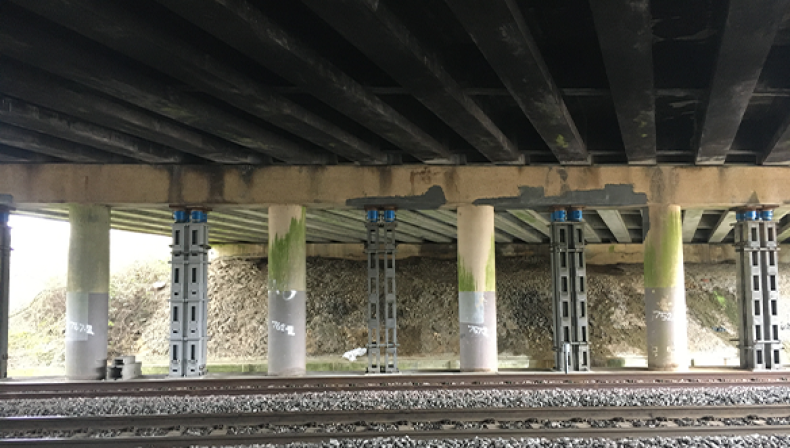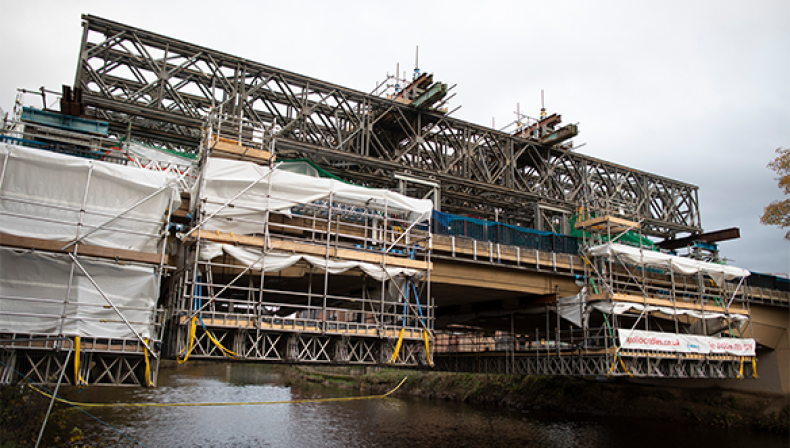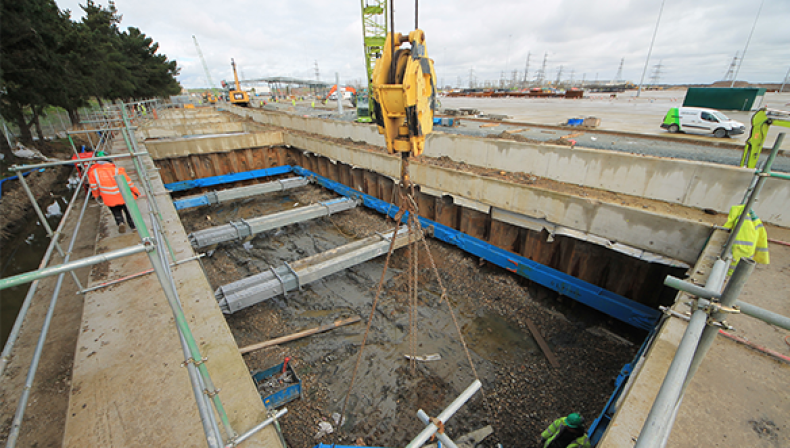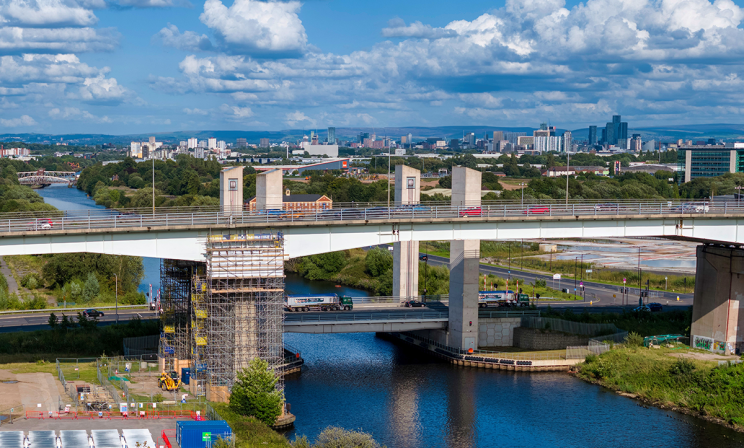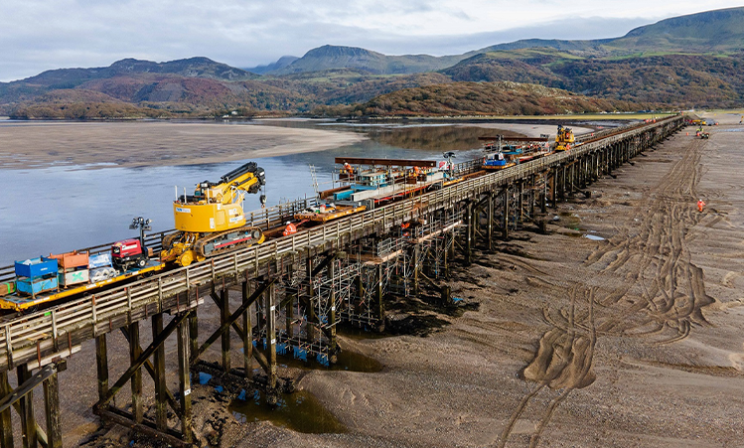Bridge Monitoring
ApplicationApplications
In action
Need project help and support?
No matter the size of your project, our dedicated experts are here to help every step of the way.
Find out moreGive us a call
For all project specific design and technical enquiries, please contact your local service team
Send us an email
If you want to talk to us about your project, send us an email and a brief outline of how we can help and we’ll be in touch
[email protected]Give us a call
For all project specific design and technical enquiries, please contact your local service team
Send us an email
If you want to talk to us about your project, send us an email and a brief outline of how we can help and we'll be in touch
[email protected]Give us a call
For all project specific design and technical enquiries, please contact your local service team
Send us an email
If you want to talk to us about your project, send us an email and a brief outline of how we can help and we'll be in touch
[email protected]
